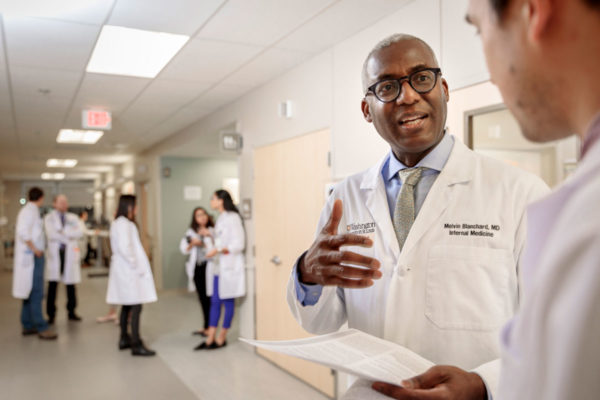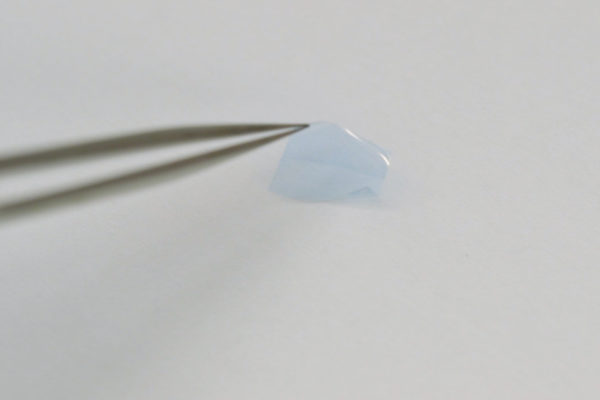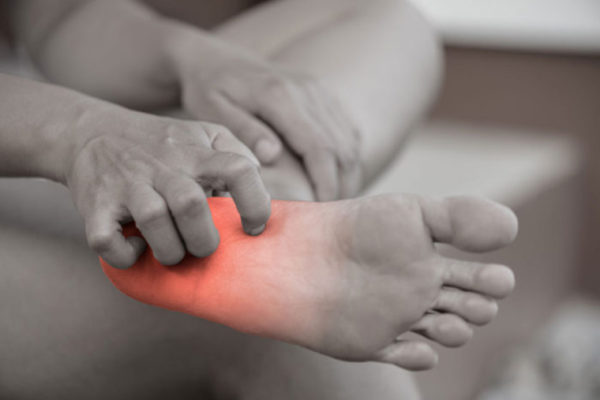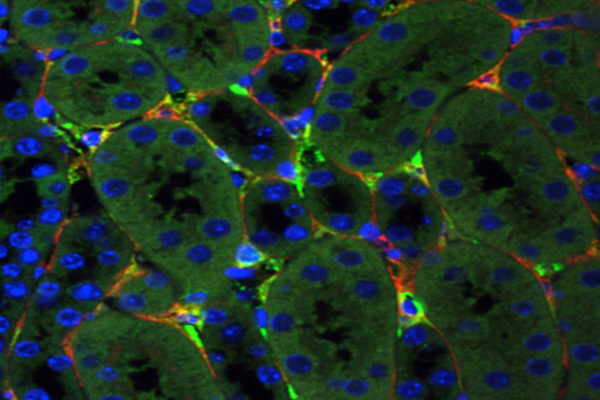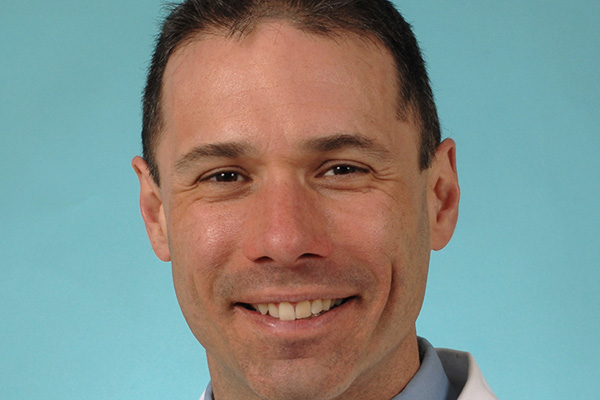Baldridge named Pew Scholar in Biomedical Sciences
Megan T. Baldridge, MD, PhD, assistant professor of medicine at Washington University School of Medicine in St. Louis, has been named a 2018 Pew Scholar in the Biomedical Sciences. She will receive a four-year grant to explore the conditions that influence the evolution of different strains of norovirus.
Report addresses national shortage of physician-scientist trainees
Projected demand for physician-scientists exceeds the expected supply, studies indicate. Melvin Blanchard, MD, director of the Division of Medical Education, led a multi-institution project to develop recommendations to improve U.S. training programs.
Gift allows Siteman Cancer Center to establish resiliency program for nurses
A $500,000 donation to Washington University School of Medicine in St. Louis will be used to provide resiliency training for nurses at Siteman Cancer Center at Barnes-Jewish Hospital and the School of Medicine.
New patch boosts brightness in medical diagnostic tests
A multidisciplinary team from Washington University in St. Louis and the Air Force Research Laboratory at Wright-Patterson Air Force Base has developed a high-tech fix that brings some medical diagnostic tests out of the dark and into the light.
Alleviating human suffering
Longtime supporters of the medical school, Debra and George Couch are focused now on helping advance discoveries through precision medicine.
Quoted: Faculty experts
Quotes faculty experts provided to various news outlets on a variety of topics including the Zika virus, gay olympians and nepotism in the Trump administration.
Jones recognized in Business Journal’s ‘30 Under 30’
Kirsten Jones, residency coordinator in the Division of Medical Education at Washington University School of Medicine in St. Louis, was selected from more than 200 nominations as one of the St. Louis Business Journal’s “30 Under 30” honorees for 2018.
Non-opioid drug relieves pain in mice, targets immune cells
Researchers at the School of Medicine have found that inhibiting a receptor on immune cells called macrophages may help relieve pain in some patients, particularly those with chronic neuropathic pain, such as those with conditions like diabetic neuropathy.
Gene therapy method developed to target damaged kidney cells
Research led by the School of Medicine has shown, in mice, that genetic material can be delivered to damaged cells in the kidneys, a key step toward developing gene therapy to treat chronic kidney disease.
Racette joins NIH environmental health advisory council
Brad Racette, MD, the Robert Allan Finke Professor of Neurology at Washington University School of Medicine in St. Louis, has been named to the National Advisory Environmental Health Sciences Council. His term began in May and will continue through November 2021.
View More Stories

